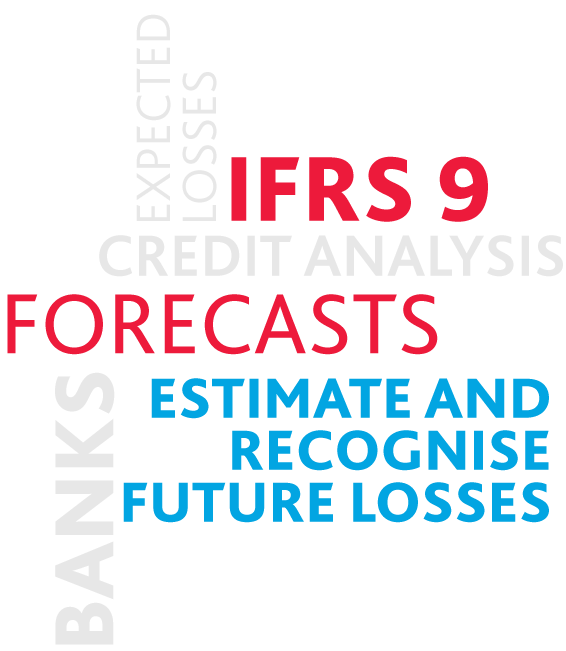What Tom Cruise seems to understand about IFRS 9

Recently while flipping through an old binder of DVDs, I came across the movie Minority Report starring Tom Cruise. I was reminded of the premise of the film – that a clairvoyant could know the mistakes we will make in our future.
The idea came in handy a few days later as I was trying to explain a new accounting regulation, IFRS 9, to someone outside the industry. Since the rule requires lenders to account for losses they have not yet incurred, I drew parallels between IFRS 9 and the concept of ‘pre-crime’ in the 2002 science fiction film by Steven Spielberg.
For the financial sector, IFRS 9 changes to accounting rules are the biggest since IFRS was implemented in its entirety about 12 years ago. Not only do they involve a new way of thinking about loan defaults, but organisations are being asked to take into account all circumstances, even wider economic events and extreme conditions that may occur. The standard was developed after the 2008 financial crisis in an effort to stabilize the financial system by accounting for expected losses sooner rather than later.
In Minority Report, Tom Cruise is an officer in the so-called ‘pre-crime’ division who is sent out to arrest a man for a murder he has not yet committed. An oracle (of sorts) had predicted the man would commit the crime, and officers moved ahead with ‘preventive’ law enforcement. In part, the film deals with the question of how much of the future is pre-determined.
As of 1st January 2018, loss accounting will not be based on past or current loss events anymore: For the first time, banks will be required to estimate and recognise future losses. For a 30-year mortgage, the bank would need to calculate when it expects its customer to default and how much that loss would be.
At the time of drafting the standard, naysayers to IFRS 9 said the idea was madness, and some are still singing that tune. They argue that IFRS 9 will hamper lending because banks will slow the flow of loans as soon as their forecasts deteriorate. On the flip side, when money is too easy, like it was before the credit crisis, people had incentives to keep borrowing more, and we all know what happened.
Going back to my Hollywood parallel, I would say credit risk modelers, economists and credit analysts are playing the role of the oracle in Minority Report. They are the ones predicting the default, and the holder of the mortgage assumes the role of the ‘expected criminal’ who does not even know he or she is about to commit a default.
You could see Tom Cruise as the bank’s IFRS 9 team, and it is their job to calculate actual losses from defaults that the oracle has predicted. They must do this taking into account economic indicators, such as expected changes in property values.
I must say that Tom Cruise in banks does not have an easy job because his estimates will either be 1) roughly right or 2) precisely wrong. He is never going to be precisely right.
In the film, Tom Cruise faces yet another obstacle when he tries to break the system after learning there is an arrest warrant out for him - for a crime he will commit in a few days’ time.
For me, the key message in my cinematic parallel is this: Yes, the implementation of, and on-going compliance with, IFRS 9 may be difficult, but it is designed to help prevent a bigger problem from occurring again.
I expect it to be a bumpy ride because there is no script for the first time around with IFRS 9. No one knows exactly how everything will come together, and banks will be preparing their statements without necessarily having a clear view on what their competitors are doing in terms of numbers. I also anticipate a number of false positives – e.g. alerts about pre-crime that do not actually take place, just what Tom Cruise needs to rescue himself from with a system turned against him.
For all these reasons, I urge caution, patience and calm before and after the curtain raises in January.
There is one bit of leeway though. In this blockbuster production, unlike in Hollywood, companies will be able to rewrite their stage directions and tweak their scripts after a few rounds of feedback from the audience and critics.
That gives me a bit more hope for all the Tom Cruises out at the banks.